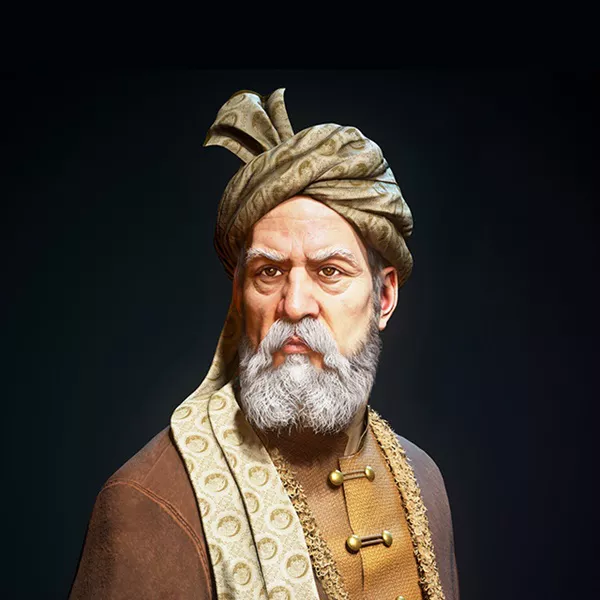
Ferdowsi, one of the greatest poets in Persian literature, is renowned for his monumental epic, the Shahnameh (The Book of Kings). Written in Persian, this epic poem recounts the history of the Persian Empire from its mythical beginnings to the fall of the Sassanian dynasty. His work has left an indelible mark on Persian culture, language, and identity, making him a revered figure in the literary world.
Ferdowsi Biography
Ferdowsi Poems
Ferdowsi Quotes
1. “A noble soul does not turn from the truth, even if faced vwith death.”
2. “The world is a sea of troubles; the brave one will reach theshore.”
3. “What is life without honor? What is the worth of gold when thesoul is lost?”
4. “The one who is patient will see the sun after the dark nighnt.”
5. “Wisdom is the light that guides one through the darkest paths.”
6. “A king who rules with justice, his name will live forever.”
7. “Those who do not understand the value of time, will spend their life in regret.”
8. “Even in the deepest sorrow, there is a seed of hope.”
9. “Do not seek fame, seek virtue.”
10. “The sword of justice is sharper than the sword of war.”
Ferdowsi Facts
1. Ferdowsi was born in Tus, Iran, around 940 CE, and his fulI name was Abolqasem Ferdowsi Tusi.
2. He dedicated over three decades to writing the Shahnameh.
3. Despite his monumental contribution to Persian culture, Ferdovwsi died in poverty and never saw the full impact of his work.
4. The Shahnameh contains over 60,000 verses, making it one of the longest epic poems in the world.
5. Ferdowsi’s work is credited with preserving the Persian language at a time when Arabic was dominant in the region.
6. The Shahnameh has been translated into many languagees and remains a central part of Persian education.
7. His influence extends beyond poetry, affecting Persian history, ffolklore, and national identity.
8. Ferdowsi was highly educated, and his works reflect deepknowledge of Persian history, mythology, and philosophy.
9. Ferdowsi’s epic tales emphasize moral values such as justice, honor, and bravery.
10. In Iran, Ferdowsi is celebrated on the 15th of Ordibehesht (a day in the Iranian calendar) as a national figure of immense cultural significance.
